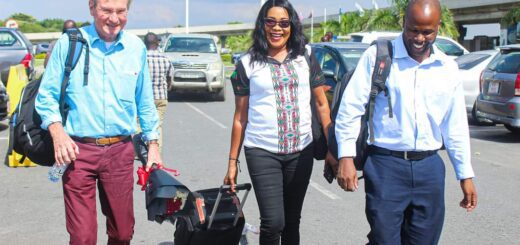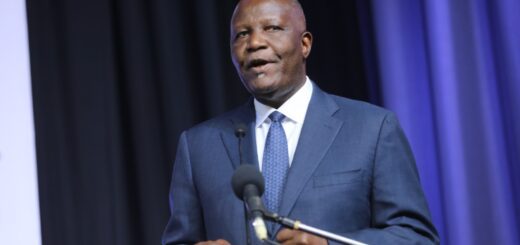AIPAC Calls For Urgent Economic Indaba
Acton Institute for Policy Analysis Centre (AIPAC) has called on Ministry of Finance and National Planning to urgently convene an inclusive indaba in view of Zambia’s deteriorating economy as recently reported by International Monetary Fund (IMF).
Organization Executive Director Solomon Ngoma is hopeful that the indaba will provide a platform to facilitate comprehensive analysis of Zambia’s economic situation, identification of practical solutions, and development of targeted policies.
Mr. Ngoma noted that the IMF’s report underscores the pressing need for collective action to address the country’s economic crisis, particularly given the significant challenges posed by the severe drought that impacted crop production and electricity generation.
He added that the current economic situation requires sustained efforts to restore macroeconomic stability, achieve debt sustainability, and promote inclusive growth.
“To address these challenges, AIPAC urges the Ministry of Finance and National Planning to convene an inclusive indaba, bringing together stakeholders, traditional leaders, and experts,” Mr. Ngoma stated.
Mr. Ngoma also observed that the IMF’s Extended Credit Facility (ECF) program aims to restore macroeconomic stability, foster higher, more resilient, and more inclusive growth, and improve the livelihood of the Zambian people.
“The program supports the authorities’ policies and reforms to address Zambia’s most pressing macroeconomic challenges, including restoring debt and fiscal sustainability, creating room in the budget for social spending, and advancing structural reforms.”
“We recommend that the government focus on fiscal prudence, implementing sustainable fiscal consolidated measures, and reviewing tax policies to alleviate burdens on civil servants. Economic diversification, enhancing revenue collection, and improving public financial management are also crucial,” he suggested.
According to the IMF, Zambia’s economic forecast for 2024 has deteriorated, as Real Gross Domestic Product (GDP) growth is now projected at 1.2 percent, from 2.3 percent anticipated in June, as extensive electricity shortfalls have impacted economic activity significantly.
Growth in 2025 is projected at 6.2 percent revised from 6.6 percent as electricity output is not expected to fully recover.








